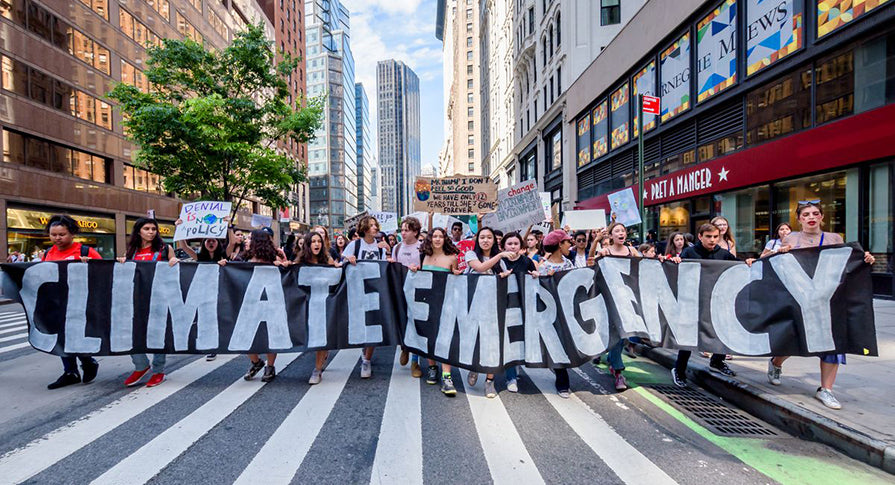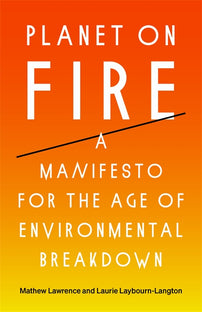Planet on Fire: A Letter from the Editor
"Matthew Lawrence and Laurie Laybourn-Langton, both emerging voices within new sustainable economic thinking, build a case for radical change by moving away from an emphasis on endless growth and towards creating a healthy environment for everyone." – John Merrick, editor

In the past few months many of us have been forced into more immobile lives. The horizon has lowered as far as we are allowed to travel under new pandemic restrictions. And yet, sitting at our desks we have been bombarded by information about the changing world. We have also watched onscreen more shocking scenes of hurricanes, floods and wildfires than could come from Hollywood disaster films. At the same time, air quality has improved, highlighted by startling pictures of the pollution dissolving above some Chinese cities as factories were temporarily closed down.
This makes for a confusing picture of what is going on. And what is to be done. And this is why a book like Planet on Fire is so essential, and so timely.
What distinguishes this book is it’s clear and accessible presentation of the facts. It is not overcome with data, nor is it written in the kind of scientific jargon that might put off the general reader. There are plenty of facts and figures here but they are always used to aid the narrative. For example, the book opens with a famous graph from the 2018 IPCC report that shows the escalating size of our carbon output from the 1960s to the present day. It is a steep upward climb that should terrify anyone concerned with sustaining life on this planet.
Then there is the straight precipitous line back to zero that represents what we must do over the next twenty years if we want to keep the temperature rise at or below 1.5* C by 2100. With such a clear signal there is no need for rhetoric or political name-calling. These are the facts. So what are going to do about it?
Matthew Lawrence and Laurie Laybourn-Langton, both emerging voices within new sustainable economic thinking, build a case for radical change by moving away from an emphasis on endless growth and towards creating a healthy environment for everyone. We hear about the devastation on Easter Island that was not caused, as commonly assumed, by overexploitation and deforestation but by the arrival of rats upon the colonists' ships. What this story shows, amongst many things, is that the economy and the environment are always connected in unexpected ways. In order to save the planet we have to radically transform the economy.
What the authors propose is immediate, ambitious, inspiring and holistic in its approach. We need not just one Green New Deal but many. In setting out the problems so clearly, they also make the solutions feel attainable. They make the connection between the end of fossil fuel extraction and building a more caring society. They make the argument that by facing up to our imperial past, we might be able to truly overcome the politics of inequality and emphasize the importance of the relationship between work and the commons. There is no nihilism here: this is an achievable manifesto for creating real change.
John Merrick
London 2021
